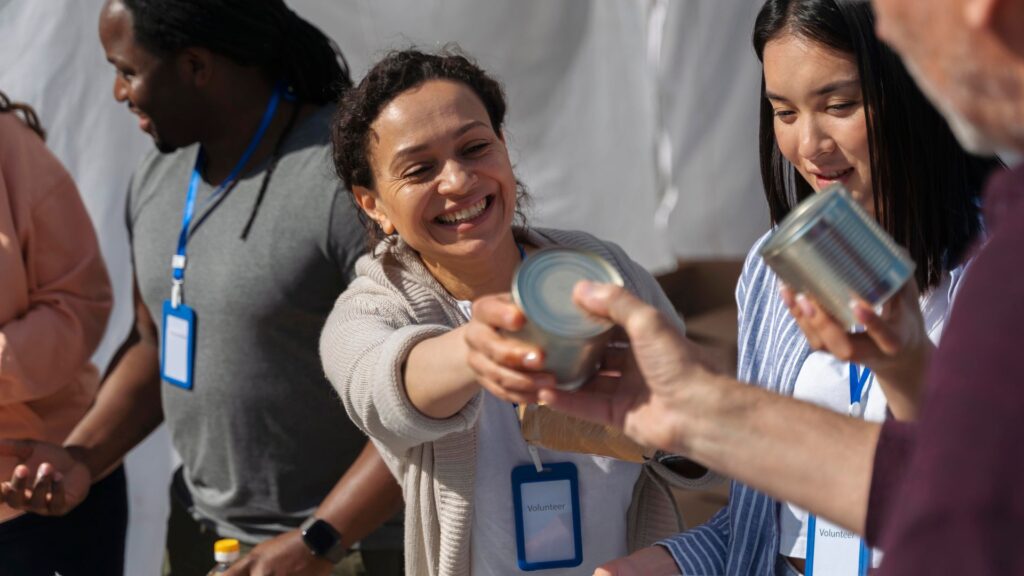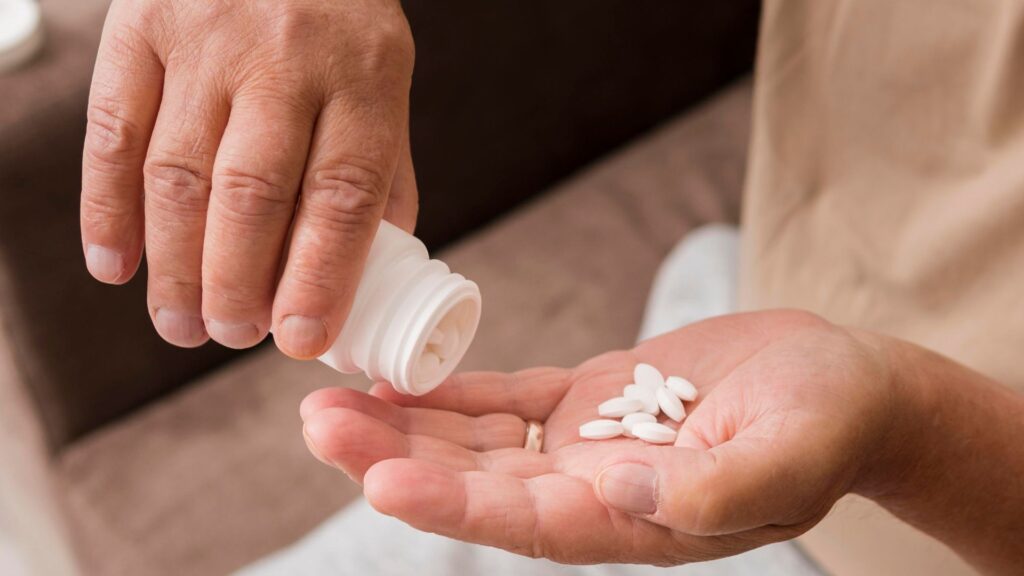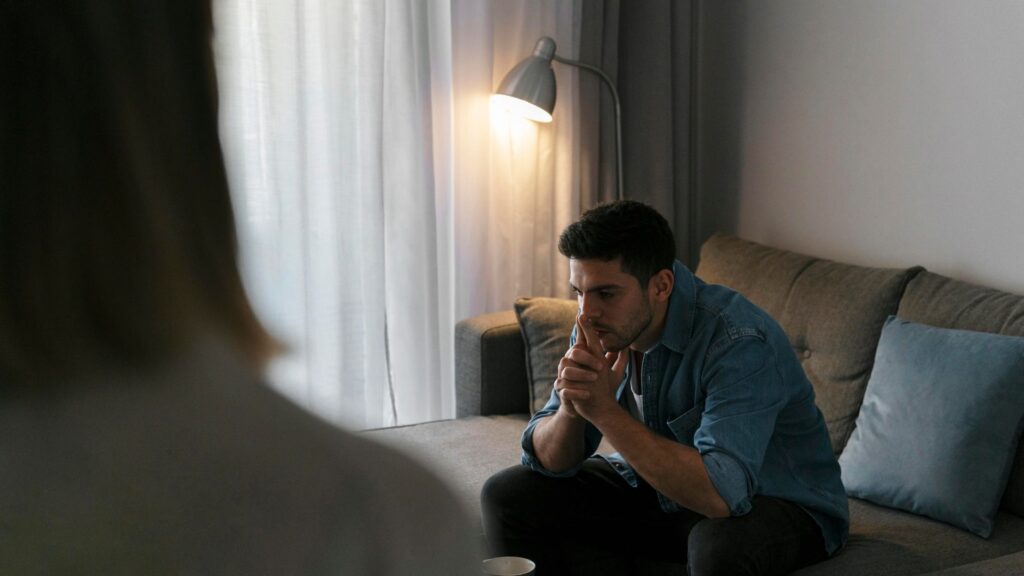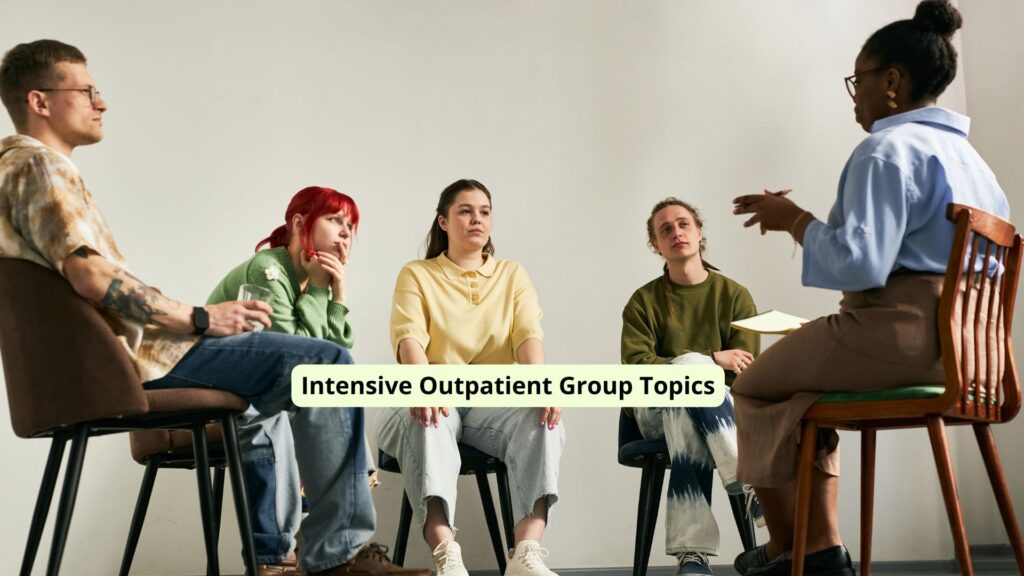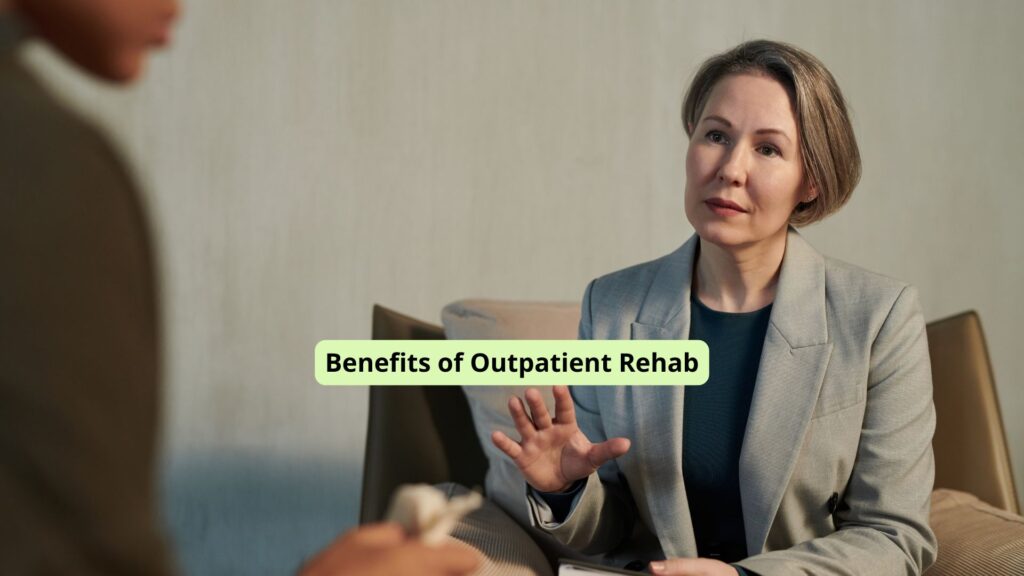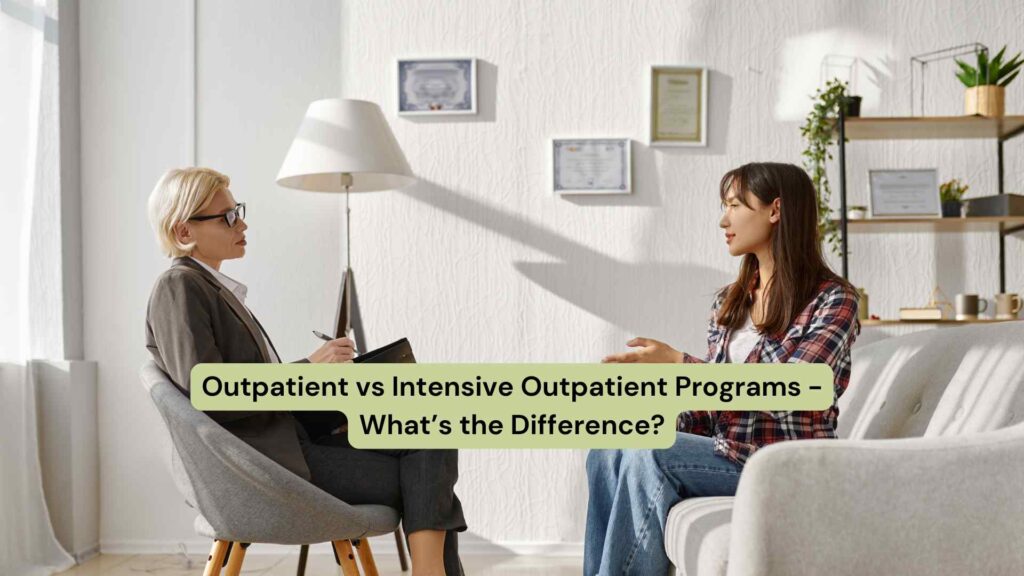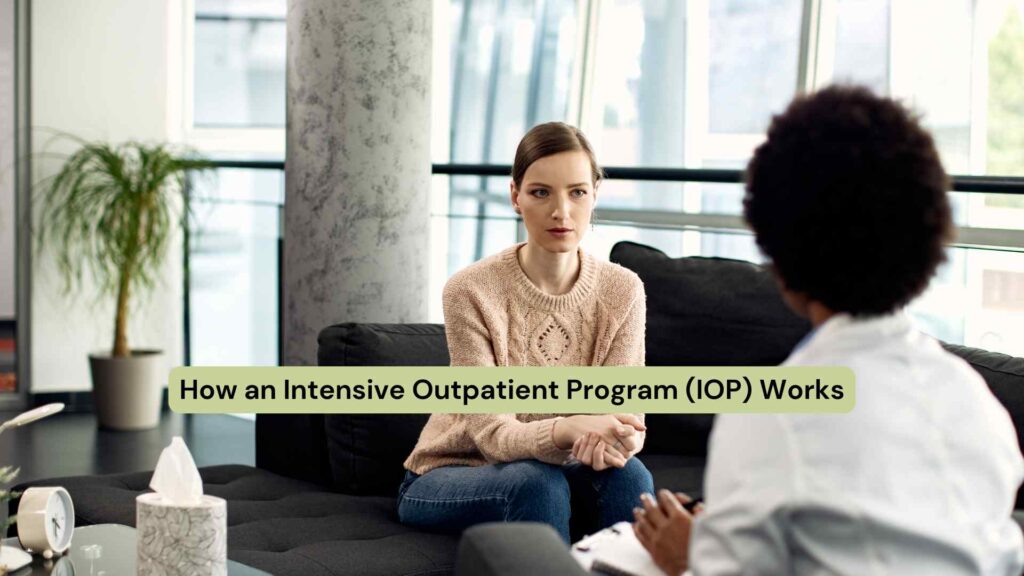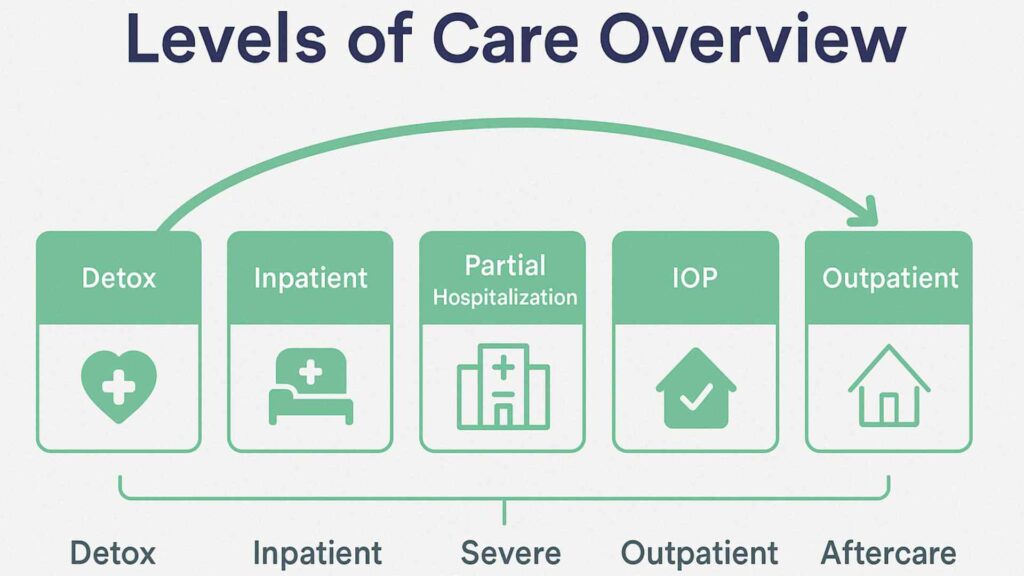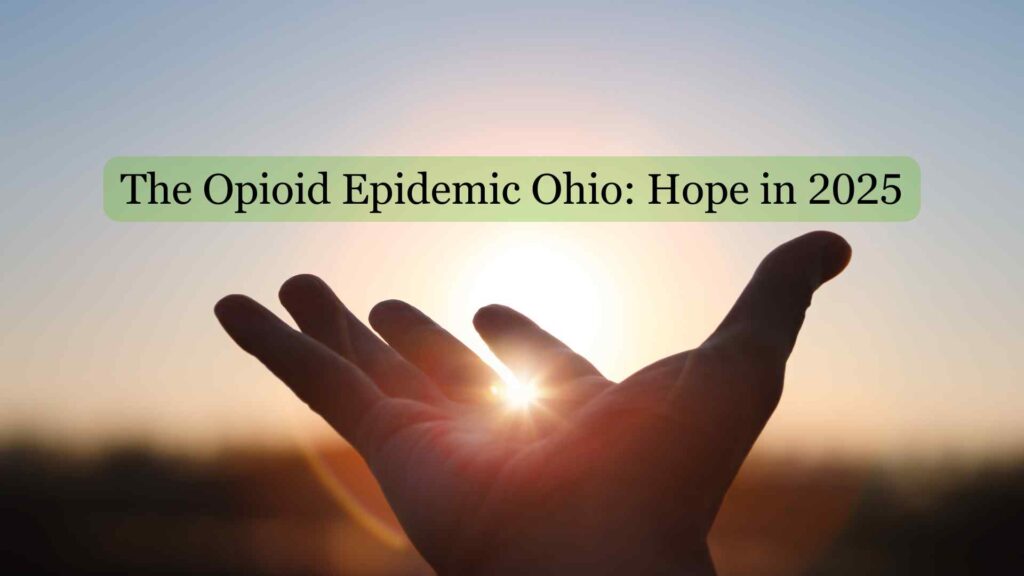Addiction recovery is rarely a journey taken alone. For many individuals, family plays a vital role in providing the encouragement, accountability, and stability needed to sustain change. In Intensive Outpatient Programs (IOPs), this connection becomes even more important.
This article explains why loved one involvement becomes a central pillar of success in substance use disorder recovery.

What is an IOP?
An Intensive Outpatient Program is a level of addiction treatment designed for individuals who do not require 24-hour medical supervision but still need structured, evidence-based care. IOPs typically involve 9 to 20 hours per week of treatment, combining group therapy, individual counseling, and educational workshops that focus on relapse prevention, coping skills, and emotional regulation.
Unlike inpatient programs, the outpatient setup allows participants to live at home and continue working, studying, or caring for relatives. This balance of structure and flexibility makes it an effective step for those transitioning from residential treatment or for those seeking professional help while maintaining daily responsibilities.
Research shows that IOPs are among the most effective forms of outpatient addiction treatment, particularly when members participate actively in the process.
Why Family Involvement is Crucial in IOP
Addiction does not occur in isolation, as it also affects the entire system. Household members are often the first to recognize when something is wrong and the first to encourage a loved one to seek help. However, years of mistrust, secrecy, and emotional strain can erode healthy communication and create tension within the unit.
Involving loved ones in treatment helps address these underlying wounds. Guided by clinical professionals, they learn to rebuild trust, establish healthy boundaries, and develop empathy for what addiction truly is: a chronic brain disease, not a moral failing.
Research shows that when loved ones participate in treatment, clients experience higher motivation, stronger accountability, and lower relapse rates. Family engagement helps reduce stigma, reinforcing that recovery is a shared journey rather than an individual burden.
Ways Families Are Involved
Aside from the moral support it provides, outpatient rehab also tackles educational and therapeutic aspects. Centers offer psychoeducation sessions that teach an addict’s loved ones about the biological and psychological aspects of addiction, helping replace blame with understanding.
Family therapy sessions, often using systemic approaches like Structural or Functional Family Therapy, address patterns such as enabling, codependency, and communication breakdowns. Joint counseling allows both the client and loved ones to discuss challenges in a safe and guided environment.
They are also trained to identify relapse triggers and support recovery routines at home, promoting consistency between the treatment setting and daily life.
Benefits of Family Involvement
Clients whose families participate in therapy have significantly higher treatment retention and completion rates compared to those without support from loved ones. Emotional encouragement from relatives helps mitigate feelings of shame or isolation, empowering individuals to persevere through difficult stages of recovery.
Loved ones eventually develop healthier communication habits and coping mechanisms, creating a home environment that supports long-term sobriety and emotional stability.

Overcoming Challenges in IOP
Many families enter treatment carrying guilt, resentment, or confusion about how to support their loved one effectively. Some may struggle to stop enabling behavior or to enforce healthy boundaries without feeling punitive. This is where professional facilitation becomes essential.
Therapists help families express their emotions constructively, resolve long-standing conflicts, and rebuild mutual respect. Overcoming these challenges requires patience, empathy, and ongoing education.
Even after completing the program, families are encouraged to stay involved through aftercare programs, alumni networks, or support groups such as Al-Anon or Families Anonymous.
Practical Tips for Families
Supporting a loved one in recovery requires both compassion and structure. Families can play an active role by:
- Maintaining open communication that focuses on listening rather than judging.
- Learning about addiction and sobriety fosters empathy and realistic expectations.
- Setting clear boundaries to balance emotional support with accountability.
- Encouraging participation in aftercare, 12-step meetings, or community support groups.
Final Thoughts from Abundance Treatment
Family involvement in IOPs is one of the most powerful predictors of recovery success. When loved ones learn, heal, and grow together, they create an environment that nurtures lasting sobriety and emotional well-being. Recovery is not only about breaking free from addiction, it’s about rebuilding connection, trust, and hope within the unit.
At Abundance Treatment, we understand that healing from teen addiction requires a team effort. Our intensive outpatient programs in Toledo, OH, are built around evidence-based practices that include the household at every step. We provide structured support, compassionate guidance, and tools for long-term recovery because when one person heals, the whole family benefits.


